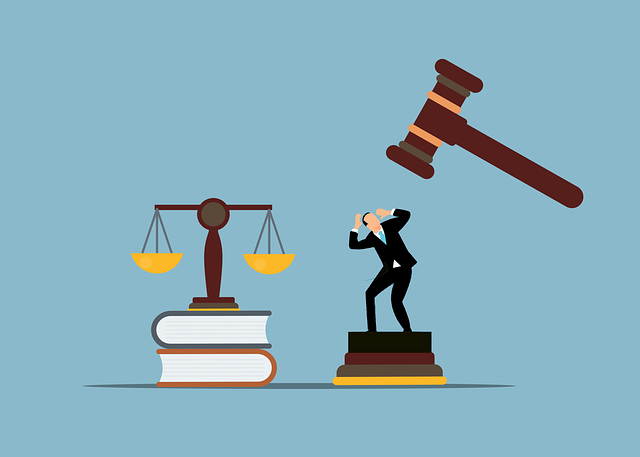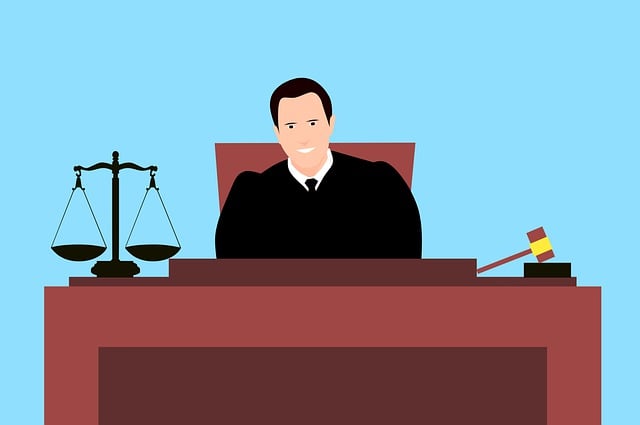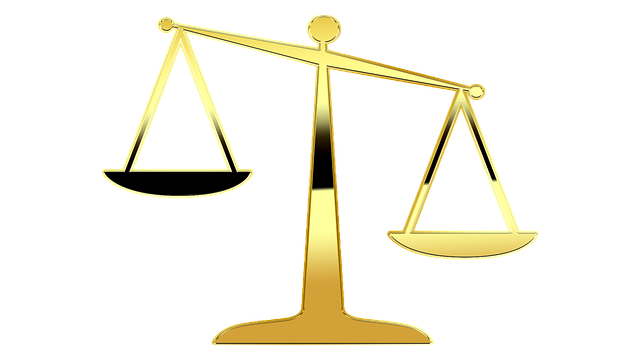The Settlement Process for Employment Law Cases is a critical phase in resolving workplace disputes, especially in healthcare, where skilled attorneys guide clients through negotiations, mediation, or litigation. This process aims to protect workers' rights and mitigate risks by addressing issues like discrimination, harassment, and breach of contract. Knowledgeable professionals interpret employment laws, evaluate case strength, and navigate settlements, either out-of-court or in the courtroom. In healthcare, this strategic approach saves time, legal fees, and promotes harmony while navigating complex state and federal regulations. Post-settlement, institutions must maintain compliance through transparent communication, internal controls, and regular training to adapt to a highly regulated environment.
In the dynamic landscape of healthcare, understanding employment law is paramount to navigate legal ramifications effectively. This article guides professionals through crucial aspects of healthcare legal issues, focusing on the intricate settlement process for employment law cases. We delve into step-by-step strategies, revealing common legal pitfalls in healthcare disputes and offering solutions. Additionally, we explore negotiation tactics, post-settlement best practices, and ensuring fair compliance, providing a comprehensive roadmap to success.
- Understanding Employment Law and Its Legal Ramifications
- The Settlement Process: A Step-by-Step Guide for Healthcare Cases
- Common Legal Issues in Healthcare Employment Disputes
- Strategies for Effective Negotiation and Resolution
- Post-Settlement: Ensuring Fair Practices and Compliance in Healthcare
Understanding Employment Law and Its Legal Ramifications

Employment law is a complex web of regulations designed to protect workers’ rights and ensure fair treatment in the workplace. When legal issues arise, understanding these laws is crucial for both employees and employers. The settlement process for employment law cases can be intricate, involving negotiation, mediation, or litigation. This process aims to resolve disputes outside or within the court system, potentially saving time and resources compared to a lengthy trial.
Knowledgeable professionals, such as general criminal defense attorneys, play a vital role in guiding clients through these legal complexities. They help interpret employment laws, assess the strength of cases, and navigate the settlement process effectively. Across the country, these experts ensure their clients’ rights are protected while striving for favorable outcomes, whether through out-of-court settlements or successful courtroom advocacy.
The Settlement Process: A Step-by-Step Guide for Healthcare Cases

The Settlement Process for Employment Law Cases in healthcare is a critical phase that requires meticulous strategy and skilled negotiation. It involves several steps designed to resolve disputes between employers and employees, often related to discrimination, harassment, or breach of contract. Firstly, both parties engage in pre-settlement discussions where they exchange information, assess the case’s strengths, and determine potential outcomes. This phase is crucial for understanding the other side’s position and identifying areas for agreement.
Once a mutual understanding is reached, the settlement negotiations begin. Legal teams from both corporate and individual clients participate in good-faith talks aimed at reaching an acceptable accord. The white collar defense strategy plays a significant role here, focusing on presenting compelling arguments to defend the employer’s actions while also highlighting potential risks and costs of litigation. Achieving extraordinary results often hinges on creative problem-solving, where both sides find mutually beneficial solutions that avoid prolonged legal battles and their associated expenses.
Common Legal Issues in Healthcare Employment Disputes

Healthcare employment disputes often arise due to a variety of reasons, including misaligned expectations, policy interpretations, and ethical dilemmas. Common legal issues include claims of discrimination, harassment, breach of contract, and failure to provide reasonable accommodations. These disputes can involve complex interplay between state and federal laws, such as the Americans with Disabilities Act (ADA) and Title VII of the Civil Rights Act. Effective management of these conflicts requires a thorough understanding of both employment law and healthcare regulations.
The settlement process for employment law cases in healthcare is crucial, serving as a means to resolve disputes outside of court for his clients. This approach not only saves time and legal fees but also fosters a more harmonious relationship within the workplace. Settlement negotiations often involve mediation or arbitration, where neutral third parties facilitate discussions between employer and employee representatives. A successful settlement should address the underlying issues while considering the best interests of all stakeholders, including the philanthropic and political communities that depend on healthcare services. Ultimately, corporate and individual clients benefit from a streamlined process that prioritizes fairness and efficiency.
Strategies for Effective Negotiation and Resolution

In navigating healthcare legal issues, particularly within employment law cases, an effective settlement process is paramount. Strategic negotiation plays a crucial role in achieving favorable outcomes for both parties involved. A successful approach requires thorough preparation and a deep understanding of the respective business’s intricacies. Legal professionals must thoroughly examine the facts, identify key issues, and develop creative solutions that align with their clients’ best interests. This often involves exploring alternative dispute resolution methods, such as mediation or arbitration, which can lead to quicker resolutions and cost savings compared to prolonged litigation.
By leveraging their expertise and an unprecedented track record, skilled attorneys can effectively communicate and bargain, ultimately securing settlements that address the underlying concerns. This strategic negotiation process not only ensures a more efficient outcome but also fosters a collaborative environment, which is beneficial for maintaining positive relationships between employers and employees post-resolution.
Post-Settlement: Ensuring Fair Practices and Compliance in Healthcare

Post-settlement, healthcare institutions must remain vigilant to ensure fair practices and compliance with legal frameworks. The settlement process for employment law cases can be a delicate phase, especially in high-stakes scenarios that draw significant public and political attention. Institutions should focus on maintaining transparent communication with all stakeholders, including employees and the philanthropic and political communities, to build trust and mitigate potential backlash.
Implementing robust internal controls and ongoing training programs is crucial to upholding ethical standards. This includes clear protocols for data privacy, patient consent, and conflict of interest management. Regular reviews of legal updates and industry best practices are essential to adapt policies quickly, ensuring the organization stays compliant as it navigates the complexities of healthcare delivery in a regulatory-rich environment.
Navigating healthcare legal issues requires a comprehensive understanding of employment law and its ramifications. By familiarizing yourself with the settlement process, recognizing common disputes, employing effective negotiation strategies, and ensuring post-settlement compliance, you can foster fair practices within healthcare organizations. Remember that the Settlement Process for Employment Law Cases is a crucial step towards resolving conflicts, promoting justice, and maintaining ethical standards in the healthcare industry.






